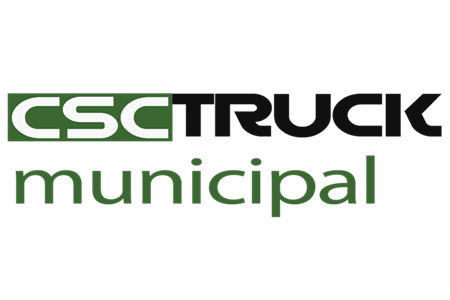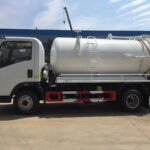In today’s world, where environmental concerns are becoming increasingly pressing, the management of food waste has taken center stage. According to the Food and Agriculture Organization of the United Nations, approximately one-third of all food produced for human consumption is lost or wasted globally each year. This staggering figure not only contributes to food insecurity but also exacerbates environmental issues, such as greenhouse gas emissions and landfill overflow. To combat this problem, innovative solutions are emerging, and one such solution is the use of kitchen waste garbage trucks.
The Growing Food Waste Challenge
Before delving into the role of kitchen waste garbage trucks in addressing food waste, it’s essential to understand the scope of the problem. Food waste is a pervasive issue worldwide, affecting both developed and developing nations. In developed countries, much of the food waste occurs at the consumer level, with individuals and households discarding edible food for various reasons, such as expiration dates, over-purchasing, or imperfect aesthetics.
On the other hand, in developing countries, a significant portion of food waste happens earlier in the supply chain due to inadequate infrastructure, poor storage facilities, and transportation challenges. Regardless of where it occurs, food waste represents a colossal loss of resources, from the water and energy used in production to the labor and transportation involved in distribution.
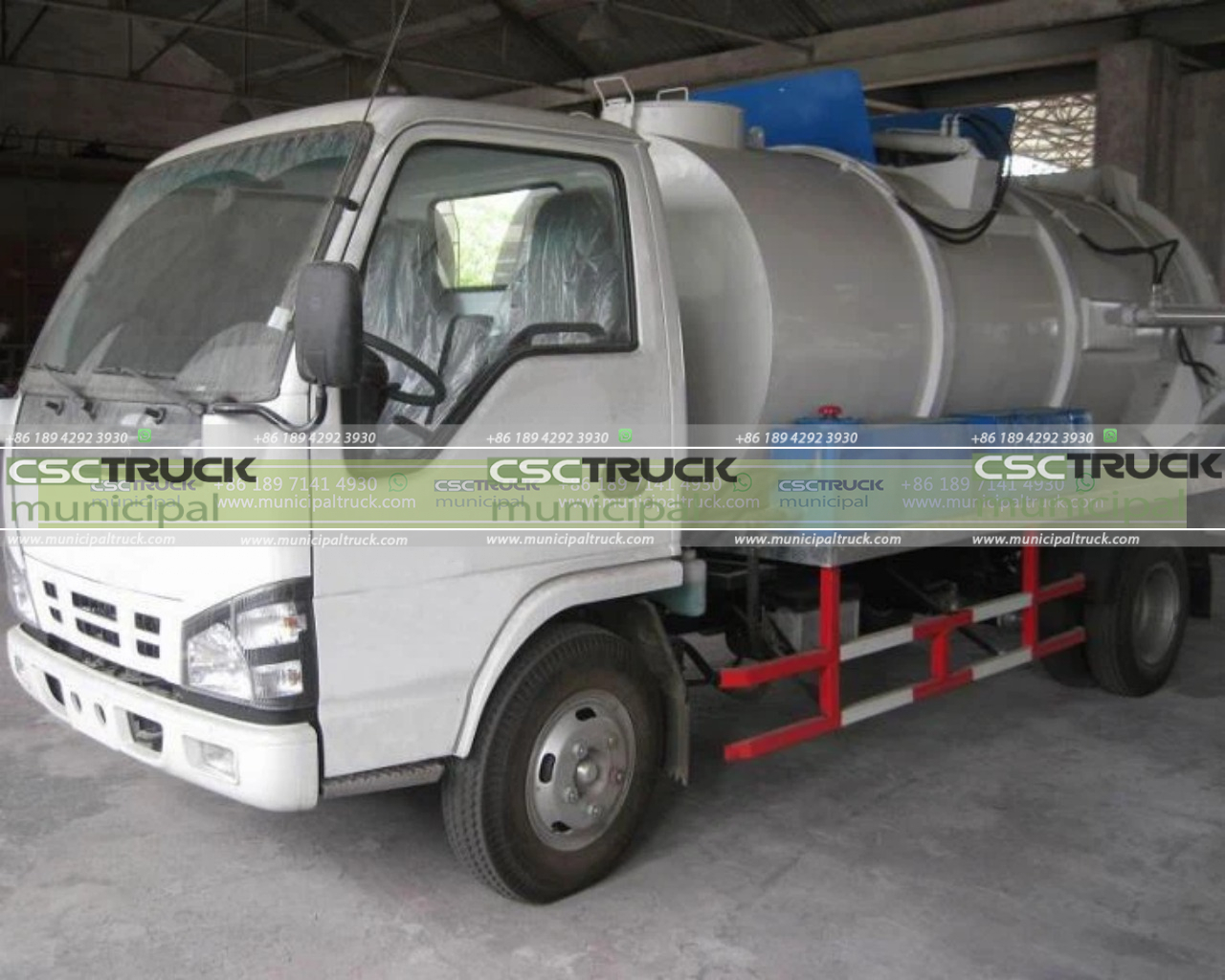
Kitchen Waste Garbage Trucks: An Innovative Solution
Kitchen waste garbage trucks are specialized vehicles designed to collect food scraps and other organic waste directly from households and businesses. These trucks play a crucial role in managing food waste effectively by offering several advantages over traditional waste disposal methods.
1. Convenience and Accessibility: Kitchen waste garbage trucks make it convenient for individuals and businesses to separate organic waste from other types of trash. They offer a more accessible and user-friendly alternative to composting, which can be intimidating or impractical for many people.
2. Reduced Methane Emissions: When organic waste ends up in landfills, it decomposes anaerobically, producing methane, a potent greenhouse gas. Kitchen waste garbage trucks divert this organic matter from landfills, significantly reducing methane emissions and their impact on climate change.
3. Resource Recovery: Instead of being discarded, the organic waste collected by these trucks can be converted into valuable resources. Many cities use advanced composting and anaerobic digestion processes to transform food scraps into compost, biogas, or bioenergy, which can then be used to enrich soil or generate clean energy.
4. Cost Savings: Managing food waste with kitchen waste garbage trucks can lead to cost savings for municipalities and waste management companies. By reducing the amount of waste sent to landfills and lowering landfill-related expenses, these trucks can make waste management more cost-effective.
5. Community Engagement: These trucks often come with educational initiatives and community engagement programs. They raise awareness about the importance of reducing food waste and provide valuable information on how individuals and businesses can contribute to the effort.
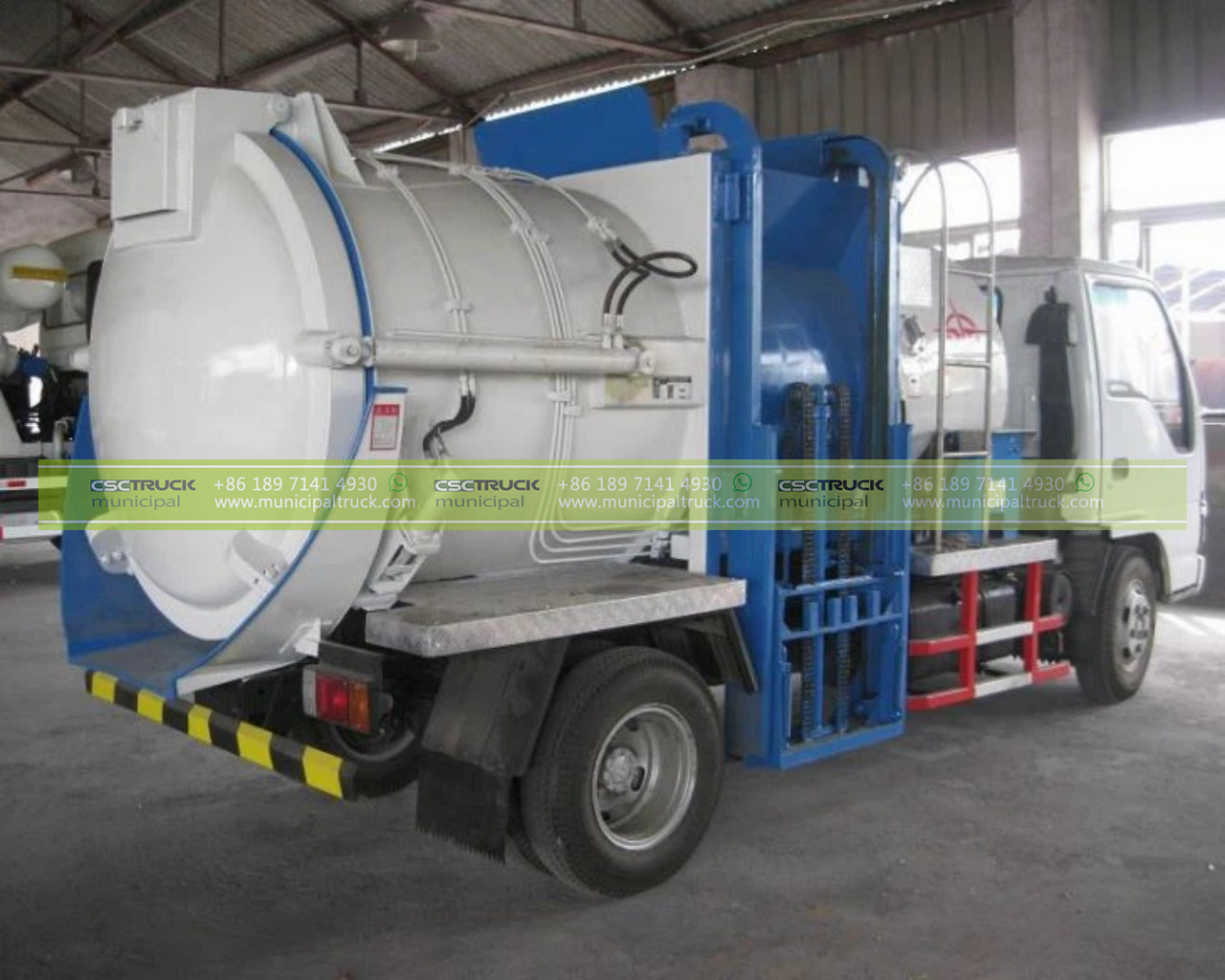
Successful Implementation Stories
Several cities around the world have already adopted kitchen waste garbage trucks as part of their waste management strategies, with remarkable success.
1. San Francisco, USA: San Francisco was one of the first cities in the United States to implement a comprehensive food waste collection program. With the introduction of kitchen waste garbage trucks, the city has diverted over 80% of its waste away from landfills, leading to significant reductions in greenhouse gas emissions.
2. Seoul, South Korea: Seoul‘s “Pay-as-You-Throw” program uses smart kitchen waste garbage trucks equipped with radio frequency identification (RFID) technology. Residents are charged based on the weight of their food waste, incentivizing them to reduce waste generation. This program has reduced food waste by 30% since its introduction.
3. Toronto, Canada: Toronto launched a green bin program that collects organic waste using specialized trucks. The program has been so successful that it has been expanded to include multi-unit residential buildings, contributing to the city’s efforts to meet sustainability goals.
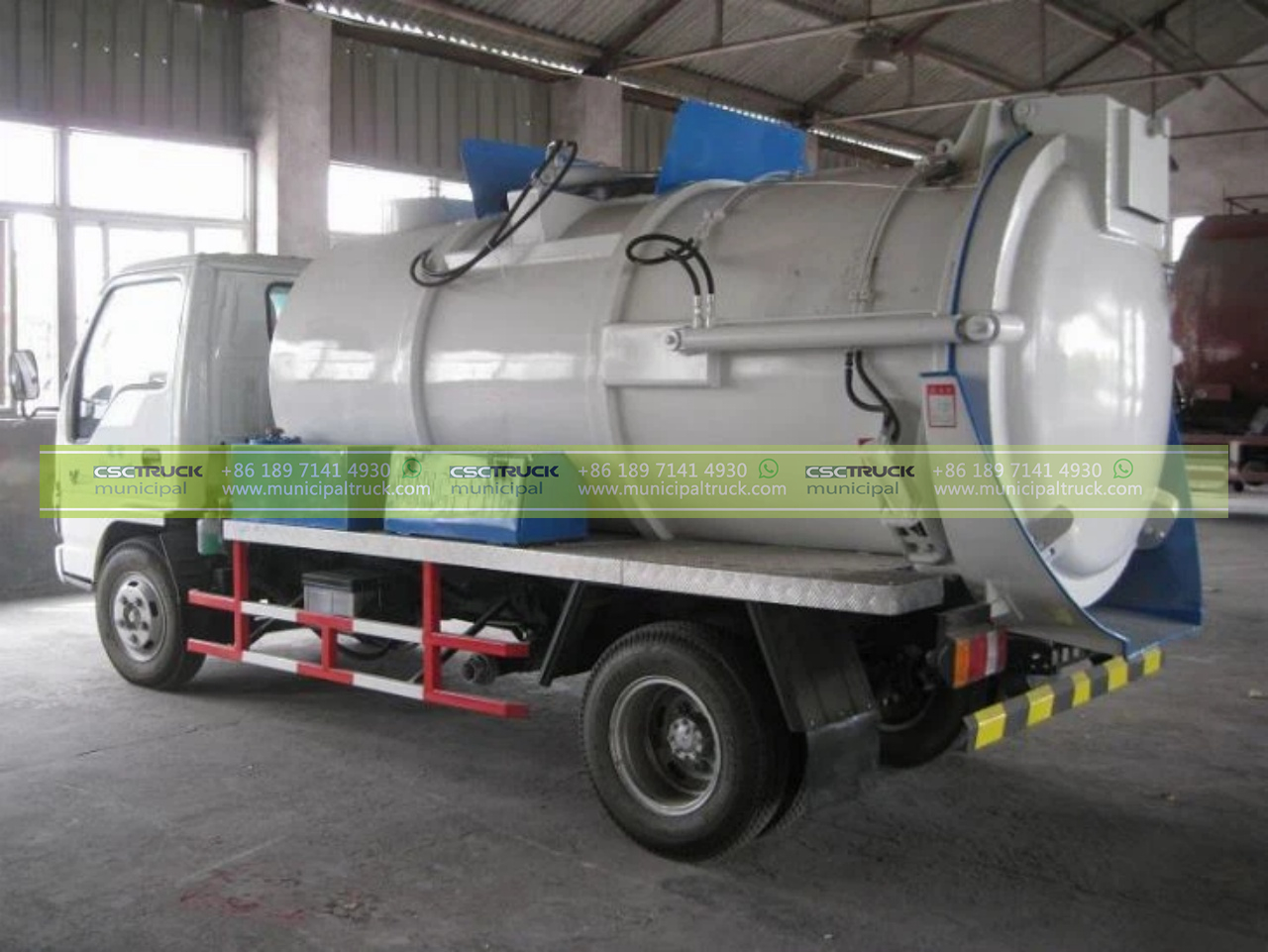
Challenges and Considerations
While kitchen waste garbage trucks offer a promising solution to the food waste problem, several challenges and considerations must be addressed to ensure their effectiveness.
1. Infrastructure Investment: Implementing a kitchen waste collection program requires significant investment in infrastructure, including the purchase of specialized vehicles, the development of composting or anaerobic digestion facilities, and the establishment of efficient collection routes.
2. Behavioral Change: Encouraging individuals and businesses to separate their food waste from other trash can be challenging. Effective education and outreach programs are essential to promote behavioral change.
3. Odor and Pest Control: Organic waste can emit unpleasant odors and attract pests. Properly designed and maintained kitchen waste garbage trucks must incorporate features to mitigate these issues.
4. Regulatory and Legislative Support: Supportive regulations and policies are essential to facilitate the implementation of food waste management programs. These may include mandates for waste separation, incentives for recycling, and penalties for non-compliance.
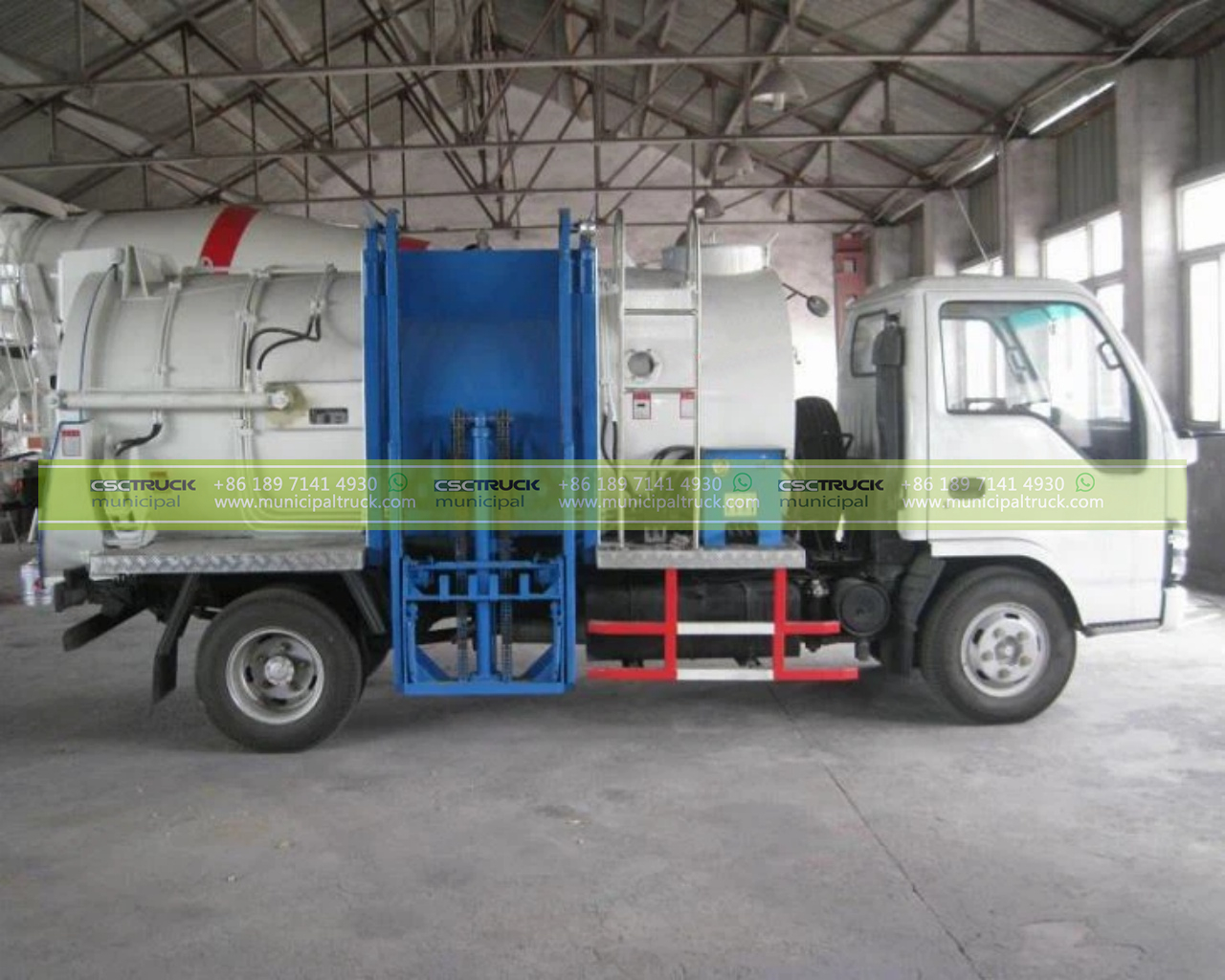
The Way Forward
Managing food waste effectively is a critical component of global efforts to address environmental sustainability and food security. Kitchen waste garbage trucks represent a practical and innovative approach to tackling this challenge at the community level. Their ability to divert organic waste from landfills, reduce methane emissions, and promote resource recovery makes them a valuable tool in the fight against food waste.
To harness the full potential of kitchen waste garbage trucks, governments, municipalities, and businesses must work together to invest in the necessary infrastructure, educate the public, and create supportive policies and regulations. By doing so, we can move closer to a future where food waste is minimized, resources are conserved, and our planet’s health is preserved for generations to come.
Contact us for this municipal truck or similar trucks: [email protected] Call us or What's APP us: +86 189 4292 3930
